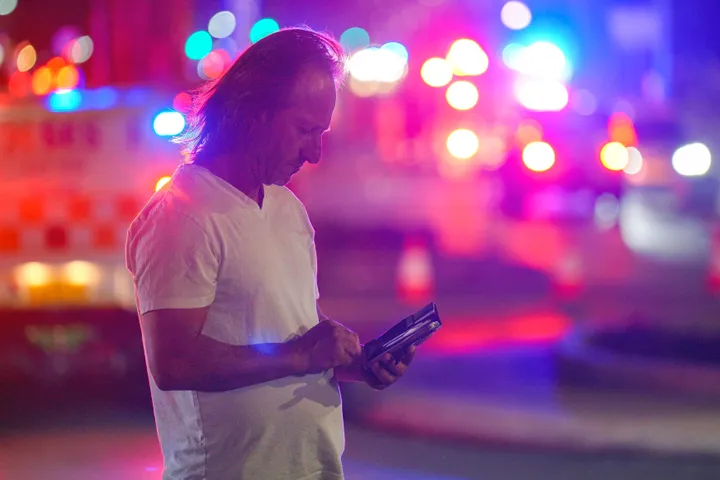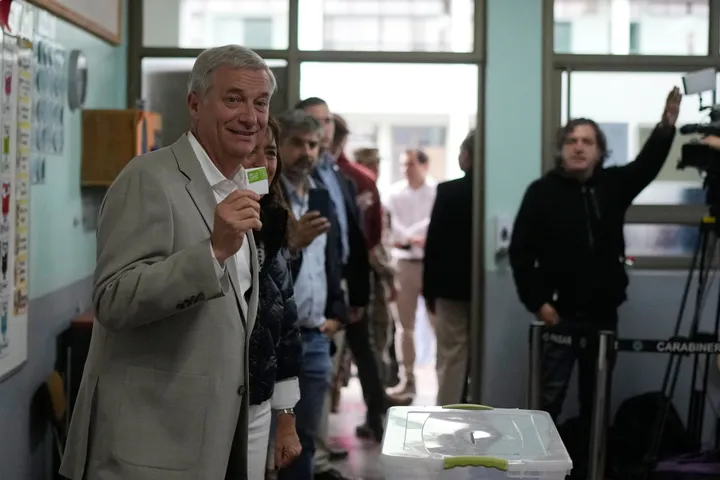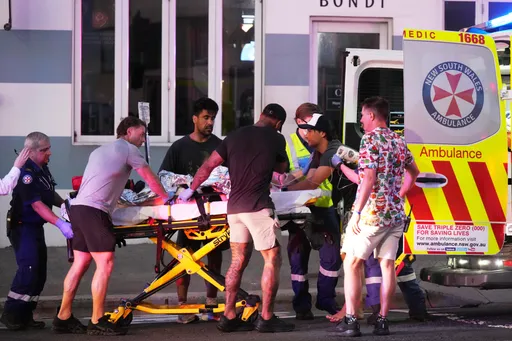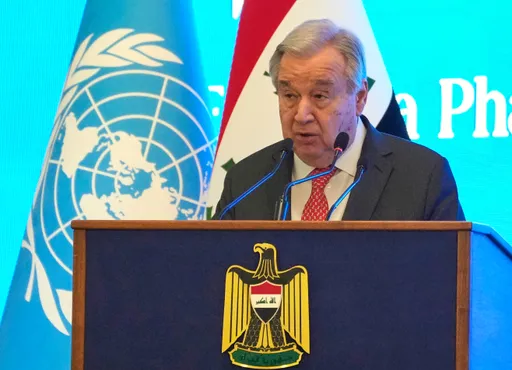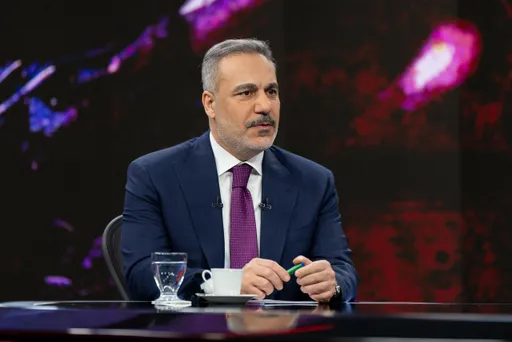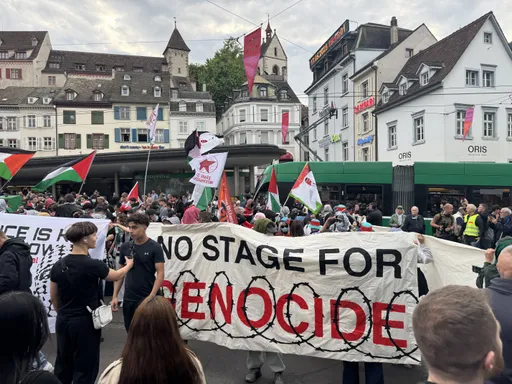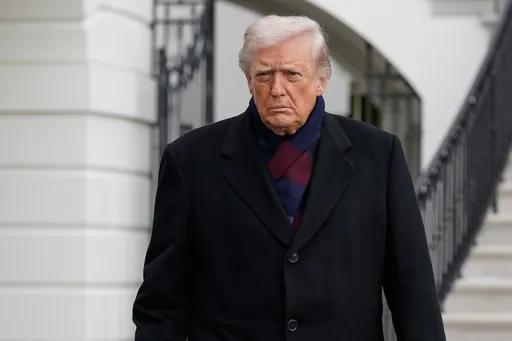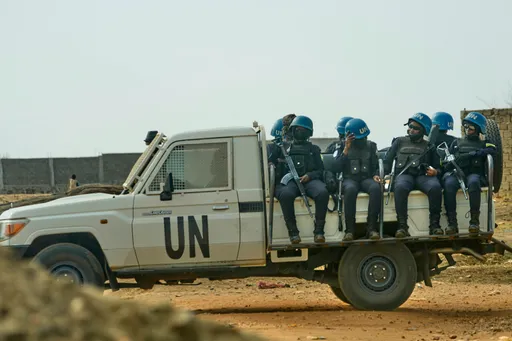The world now knows that Jamal Khashoggi is dead.
That it took Saudi Arabia more than two weeks to admit veteran journalist’s killing inside its consulate in Istanbul has raised doubts about the veracity of the official account.
Riyadh says rogue agents in its security establishment might have acted on their own to silence Khashoggi who has lived in the United States since fleeing the country last year.
There he wrote columns in The Washington Post that were at times critical of the Saudi government.
The investigation into his death and what happened to his body are underway. But the Saudi-funded news outlets, its trolls, and analysts, on its payroll are already trying to change the discourse.
Ali Shihabi, the founder of Washington-based The Arabia Foundation, had earlier used his tweets to question the Turkish version of a 15-men Saudi hit team sent to kill Khashoggi.
Now that Riyadh has officially acknowledged that he was killed inside the consulate and there was an attempt to cover up his death, Shihabi is now reminding everyone that the US has committed similar crimes.
In a recent tweet, he drew companion between what happened at the Saudi consulate to the terrorism suspects tortured in Afghan prisons by the American soldiers.
He has also tried to exonerate Crown Prince Mohammad Bin Salman from any responsibility saying that to expect “a young leader with only a few years of experience, to have handled such a political calamity with the virtuoso performance of a seasoned, wise, experienced Western politician is unfair and malicious.”
When news outlets Al-Jazeera and Middle East Eye released information on Khashoggi’s death, Shibabi used his tweets to challenge the credibility of the news outlets linked to the rulers of Qatar, which is facing a Saudi Arabia-led blockade.
The Saudi propaganda-industrial-complex has also used journalists such as Faisal J. Abbas, the editor-in-chief of Arab News, to put on a facade of mild criticism while conveniently ignoring pressing issues of press freedom.
Abbas started his column published on Sunday reminding Saudi authorities how important it was to keep the communication channels open so that journalists have an official version.
Then he jumped onto the matter of misinformation that international news organisations had supposedly been spreading about Saudi Arabia. He didn’t talk about why, and how exactly, Khashoggi was killed.
“…what on earth happened to some of the most reputable global players in our industry, who day after day ignored their own code of conduct and the basic rules of journalism by relying on one-sided anonymous sources?”
Those one-sided sources are Turkish officials who have from day one maintained that Khashoggi was killed in the consulate.
Dubai-based Al Arabiya news went further in its efforts to muddle the information as it published an interview with Salah Khashoggi, Jamal’s eldest son, who reportedly denounced attempts by “foreign parties to politicise (his father’s) disappearance.”
In the same interview, his son was also quoted saying that he didn’t know anything about Hatice Cengiz, Khashoggi’s Turkish fiance who was outside the consulate waiting for him the day he went missing.
One of Khashoggi’s oldest friends had told TRT World that Khashoggi was worried about his family and sons in Saudi Arabia.
"He has two sons in Saudi Arabia, and he is very concerned about them. That's also a reason he's been very careful in his criticism of the government."
Al Arabiya didn’t stop there. It took the propaganda to a whole new level when it based one of its stories on the tweets of Emre Uslu, a well-known critic of Turkey’s President Recep Tayyip Erdogan.
Some commentators such as Ghanem Nuseibeh, known for their unabashed support of the kingdom, have tried to undermine the entire Khashoggi episode altogether.
In a column in the state-owned Saudi Gazette, a writer termed Khashoggi’s death a drama and criticised news organisations that were reporting his killing. He called them Saudi Arabia’s opponents who are “nothing more than small parasites with a very short life cycle.”
Till a few days ago, the Saudi official press continued to push forward the version that Khashoggi had left the consulate and how his disappearance had been hyped up by Qatari, Iranian and Turkish media outlets.
Newspapers based in the Saudi-allied countries such as the United Arab Emirates (UAE) have also published editorials to give a spin to the story.
Under the headline “Truth and justice must prevail in Saudi case” the Abu Dhabi-based The National wrote how important Riyadh was to the region’s stability.
“The world is changing and Saudi’s pioneering march towards progress since Crown Prince Mohammed bin Salman’s elevation should allow it to seize that potential.”

